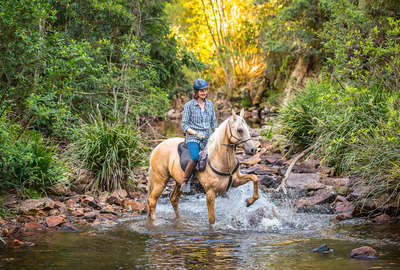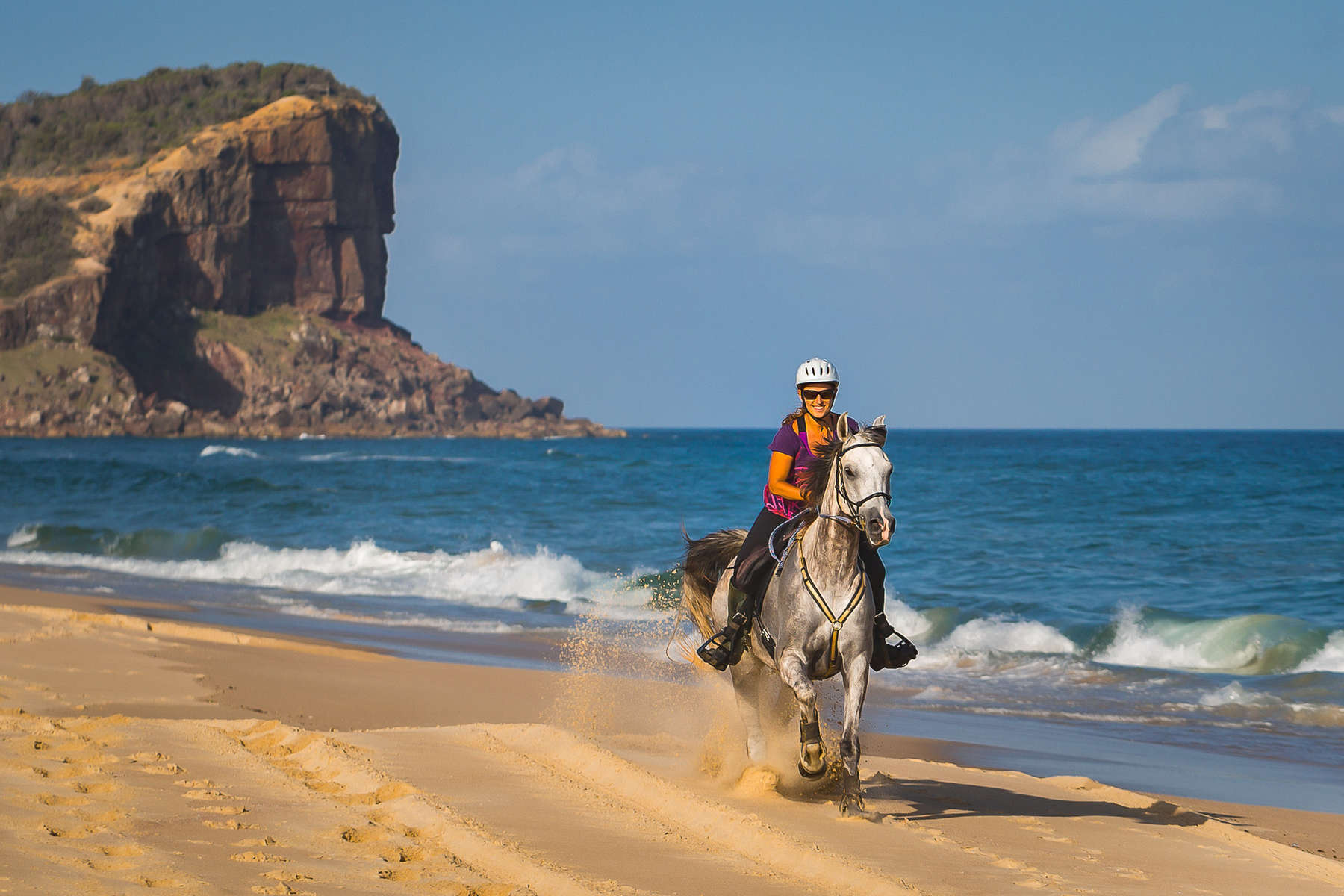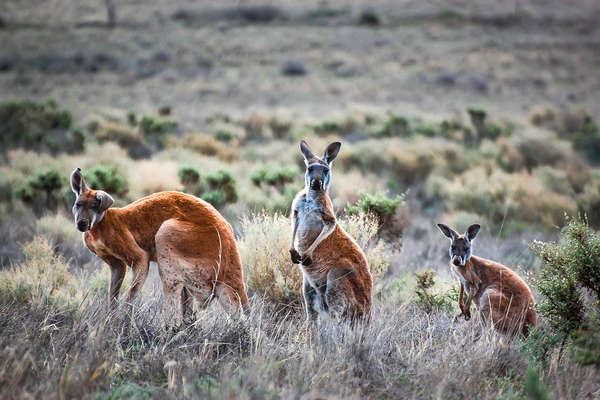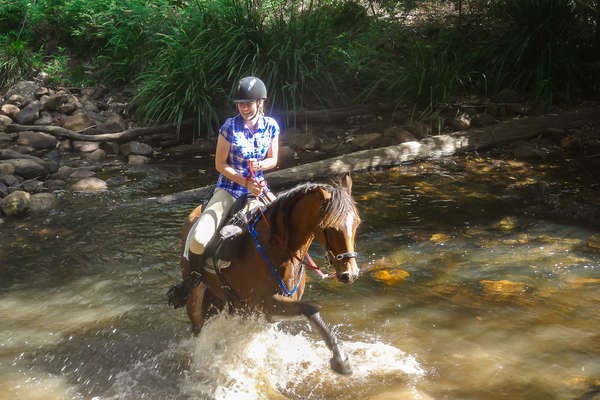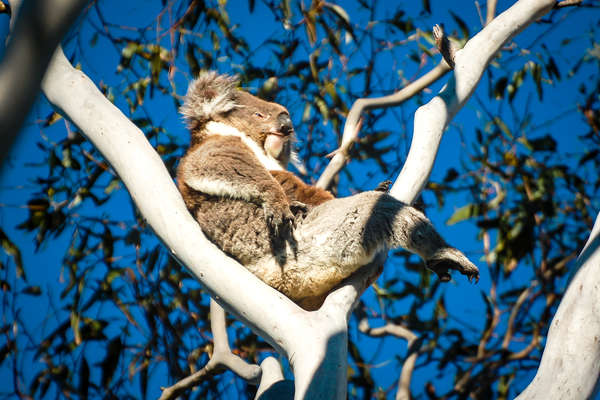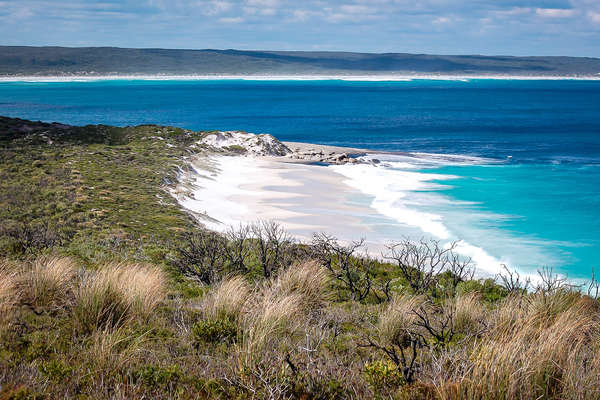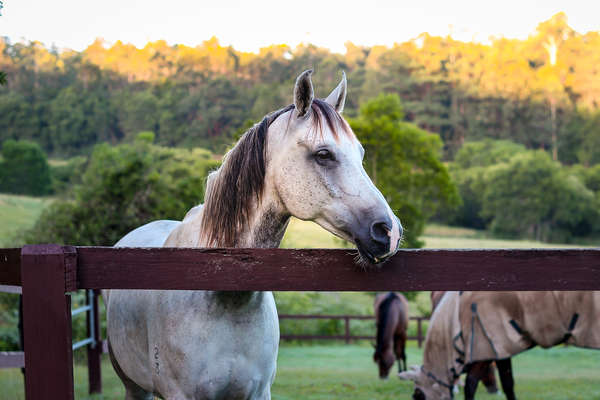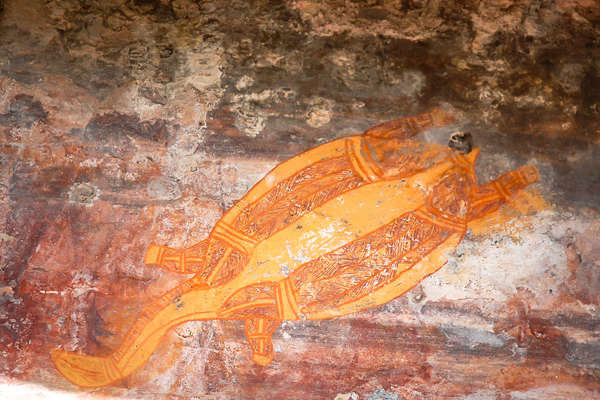Please refer to your home country's Foreign Office website for up-to-date information. This section predominantly refers to UK citizens, and advice can vary depending on your nationality. Although we endeavour to keep this section updated, requirements can change quickly, and your home country's Foreign Office website takes precedence.
Visas
Unless you are an Australian or New Zealand citizen, you will need a valid Australian visa to enter the country. New Zealand passport holders can apply for a visa upon arrival in the country. All other passport holders must apply for a visa before leaving home. You can apply for a range of visas, including tourist visas and working holiday visas, at your nearest Australian Embassy or Consulate. You can also apply for certain types of visas on the Australian Department of Home Affairs website:
https://immi.homeaffairs.gov.au/visas/getting-a-visa/visa-finder
eVisitor:
This is a free visa for multiple visits to Australia for tourism or business purposes for up to three months at a time within a 12-month period. This visa is available to passport holders from a number of European countries and it cannot be extended.
Electronic Travel Authority visa:
This visa allows you to visit Australia as many times as you want, for up to a year, and stay for three months each visit. This visa is available to passport holders from a number of countries and regions, who live outside Australia. There is no visa application charge for an ETA, however a $20 service charge applies for online applications only.
Visitor visa:
The Visitor visa is designed for people who are not eligible for the eVisitor or Electronic Travel Authority visa. This visa allows you to visit Australia, either for tourism or business purposes, for up to three, six or 12 months. Applicants will have to pay a fee to submit their application.
Passport validity
Your passport must be valid for the length of your planned stay. If you’re travelling through another country on your way to or from Australia, please remember to check the entry requirements for that country.
If you hold an ePassport you can use SmartGate to pass through passport control when arriving in Australia.
Addresses of consulates
It’s important to take out appropriate travel insurance for your needs. A GHIC or EHIC is not an alternative to travel insurance as it does not cover all health-related costs, for example, medical repatriation, ongoing medical treatment and non-urgent treatment.
Travellers should ideally arrange an appointment with their GP around five weeks before travelling. This appointment provides an opportunity to assess health risks taking into account a number of factors including destination, medical history, and planned activities. For those with pre-existing health problems, an earlier appointment is recommended.
Vaccinations
There is no risk of yellow fever in Australia. The government of Australia requires proof of yellow fever vaccination from travellers 1 year of age or older who are arriving from a country with risk of yellow fever, including transit in an airport located in a country with risk of yellow fever.
Routine and Recommended Vaccinations
It is recommended that travellers are up to date on routine vaccinations including measles-mumps-rubella (MMR), diphtheria-pertussis-tetanus (DPT), varicella (chickenpox), polio, and yearly flu shots.
As hepatitis A outbreaks occur throughout the world and sometimes in countries with a low risk for hepatitis A, travellers should consult with their doctor prior to travel to see if the hepatitis A vaccine is necessary.
A hepatitis B vaccination is recommended for those who may have sexual contact with a new partner, who may get a tattoo or piercing, or have any medical procedures.
Travellers may need a Japanese Encephalitis vaccination depending on their travel plans, particularly if they will be in Australia longer than a month or plan to visit rural areas or spend significant time outdoors. Consultation with a doctor regarding this vaccination should be sought prior to travel. For further information on this recommendation, please visit the CDC Japanese Encephalitis Advice.
A rabies vaccination is recommended for those planning an outdoor holiday, for wildlife professionals and researchers, or for those who may come into contact with bats.
Please
click here for more information on vaccine recommendations when travelling to Australia.
General Advice
Dengue cases have been reported in Australia. For further information, please visit the CDC Dengue Advice.
The standard of healthcare in Australia is very good. Under the reciprocal healthcare arrangements, British citizens resident in the UK and travelling on a British passport are entitled to limited subsidised health services from Medicare for medically necessary treatment while visiting Australia. This does not cover pre-existing conditions, or treatment that does not need prompt attention. These provisions do not apply to non-visitors, for example those who are studying in Australia. Other exclusions under the reciprocal agreement include pharmaceuticals when not a hospital in-patient, use of ambulance services and medical evacuations, which are very expensive.
If you need emergency medical assistance during your trip, dial 000 and ask for an ambulance. You should contact your insurance/medical assistance company promptly if you’re referred to a medical facility for treatment.
Please
click here for general advice and health risks when travelling to Australia.
It is a condition of your booking with Equus Journeys that you have travel insurance which covers you for the riding activities to be undertaken. Your travel insurance should cover you for medical expenses and repatriation. Your guides will require your travel insurance details before they allow you to ride and may refuse to let you ride if you cannot provide them. You should take your insurance documents with you.
Click
here to read our quick guide to travel insurance.
The plugs in Australia have two flat metal pins, forming an inverted ‘V’ shape, and occasionally a third pin in the centre. The electrical current in Australia is 220-240 volts, AC 50Hz.
The Australian dollar (sign: $; code: AUD) is the currency of Australia, including its external territories: Christmas Island, Cocos (Keeling) Islands, and Norfolk Island.
Currency exchange is available at banks, hotels and international airports. Australian banks offer the same range of services typical in other western nations, and Automated Teller Machines (ATMs) are widespread, although facilities may be limited in remote towns and the outback. EFTPOS (our electronic payment system) is widely available in most Australian shops, restaurants and hotels, allowing you to pay for purchases with your credit or debit card. Fees may be charged on transactions, particularly if withdrawing from an international account, so it is advised you check with your bank before travelling.
The mobile phone network generally works well in cities and large towns but coverage elsewhere can be very limited or non-existent. If you’re travelling to remote areas, check with your phone provider about coverage. You can use your home mobile phone in Australia if global roaming has been activated, but making and receiving calls can be expensive. Many visitors prefer to buy an Australian SIM card on arrival. Australian SIM cards are available at some Australian airports, and at convenience stores and supermarkets.
The international dialing code for Australia is 61. Each region also has an area code, including Central East (New South Wales, Australia Capital Territory) with area code 02; South East (Victoria, Tasmania) with area code 03; Mobile telephones (Australia-wide) with area code 04; North East (Queensland) with area code 07; and Central and West (Western Australia, South Australia and Northern Territory) with area code 08. When calling from outside Australia, leave out the leading ‘0’ from the area code or mobile phone number. The outgoing IDD (international direct dialing) code from within Australia is 0011.
